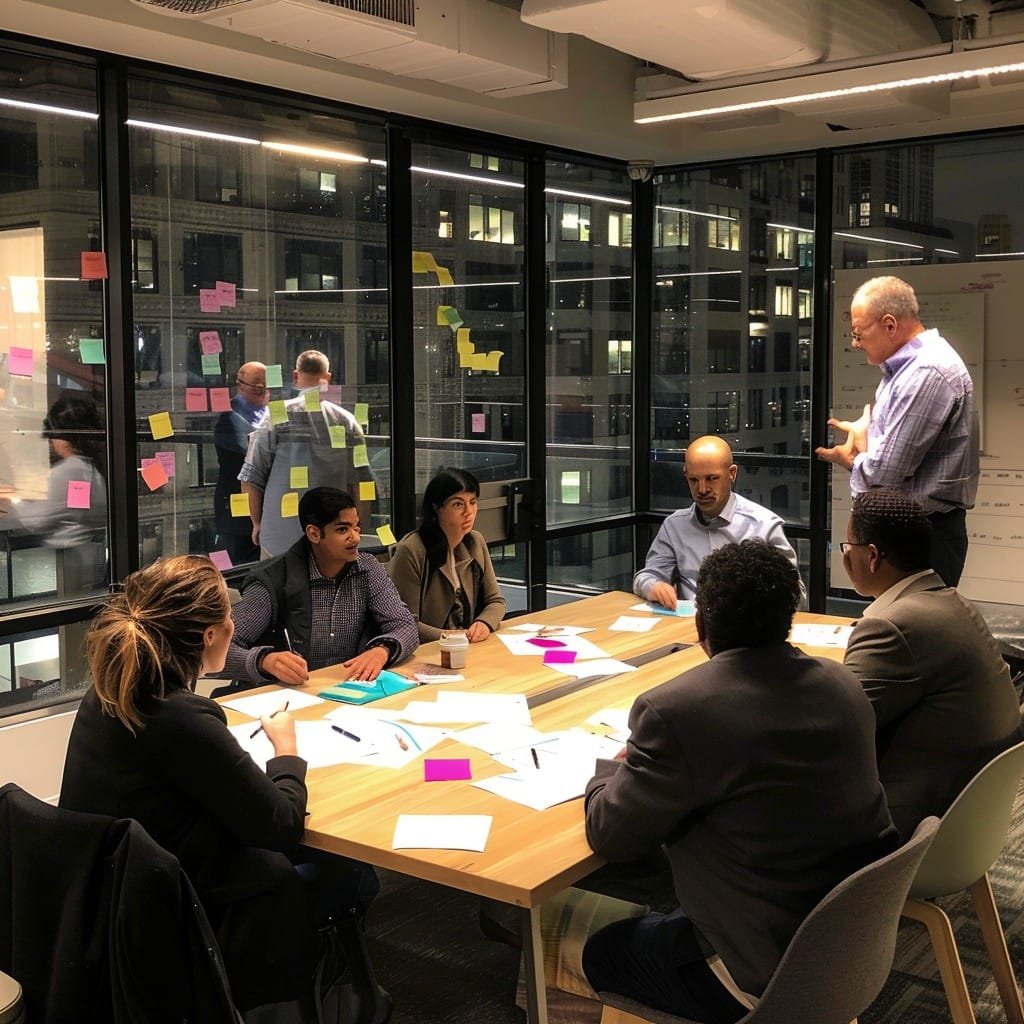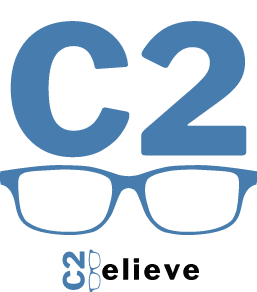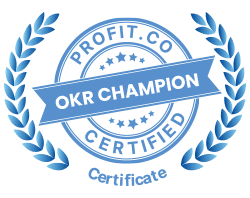Listen and follow
Introduction
OKR or Objectives and Key Results is a skill that requires time and practice to master, much like learning a musical instrument. To fast-track organizational OKR deployment, companies often work with Trainer-Coaches for OKR Class and OKR Training.
Training typically involves:
- Introducing OKR concepts to leadership.
- Training pilot departments through classes, exercises, and real-world application.
- Providing continuous support and feedback during the initial quarters.
- Preparing internal trainers (an OKR master/coach) for sustained implementation and deployment.
The goal is to establish intimate familiarity with OKR, enabling seamless adoption and unfettered deployment throughout the organization.
Contact us about your training needs here.
1. OKR Introduction for Executive leadership
(1.5 hours).
It’s essential to introduce the OKR program to Executive Leadership early, even in the pilot stage.
The objective is to keep leadership in the loop, avoid surprises, and mitigate resistance in the future.

2. Pilot Department OKR Class
(2 days, 4 hours/day).
Typically, 1 or 2 pilot departments are selected, preferably 5-10 staff members each.
As mentioned, OKR basics are easy to grasp, but there are concepts, strategies, and disciplines that need to be conveyed in order to maximize OKR effectiveness.
The objective is to establish a solid OKR foundation for pilot members.

3. Pilot Department Training Exercises
(2 days, 4 hours/day).
The OKR coach will then present real life OKR examples, followed by simple exercises for students.
This is an important acclimation phase, where we allow students time to revisit and absorb the ideas conveyed in the OKR class, linking theoretical to practical use.
The objective is for members to start developing familiarity or “feel” for OKRs.
The classes will end with homework for the next part – formulating real world OKRs for the approaching Quarter.

4. Real-life Pilot OKR preparation before Quarter (group)
(over 2 days, 1-2 hour/meeting)
We’ll review and finalize their initial real-world OKRs from step 3.
The objective is to make sure everyone’s Objectives and Key Results are clear, doable and measurable before the quarter begins.

5. Weekly check-in meetings during the quarter (group)
(1-2 hours / meeting)
During the quarter, we will meet weekly with the group to ensure that the OKRs are moving forward as planned. It’s also important to uncover any obstacles or issues that could impact the outcome of their OKRs.
The objective is to give staff members the best chance to achieve their goals, and make sure there are no surprises at the end of the cycle.

6. Monthly 1-on-1 meetings during the quarter.
(15 minutes)
We (along with supervisor) will meet with individuals 1-on-1, once per month to give them a chance to express ideas in a safe, non-group setting. This is important to develop trust between supervisor and staff member, and allows reticent or quiet staff a chance to inject new ideas or voice concerns.

7. End of Quarter Review sessions (1 on 1)
(15 minutes/person)
At the end of the quarter we will hold 1-on-1 meetings to help the pilot staff to review and score their own performance.
The objective is to encourage staff to reflect on their experiences, and make necessary adjustments to improve for the next cycle.

8. Train the trainers
(2 days)
Before starting the Pilot group training, at least 1 staff member will be selected to be the designated OKR master/coach in the company. They will be trained alongside the pilot groups.
In addition, Master or a Coach requires knowledge at a much deeper level, and extra training is needed. They also will be encourged to read the important OKR books.
The OKR master/coach will be responsible for training the remaining teams in the company in the future.
The OKR master is the consistent, and persistent voice that advocates OKR change in the company, making sure OKR is properly implemented, monitored, and achieved.

Conclusion – A great training experience is important for OKR success.
Using OKR is a skill like playing a violin – needs time and practice. An OKR trainer-coach helps companies facilitate learning, and helps to fast-track deployment.
The OKR class conveys basic information, and the OKR training allows students to absorb concepts and get a “feel” for OKRs.
Individuals are not always successful with OKRs the first time around – and that is why a coach is important to correct mistakes, and encourage improvement for the next cycle.
A great training experience and OKR achievement is essential for staff to embrace the OKR framework. Individual and pilot team success will encourage other teams to climb on the OKR train.
Find out more about OKR here “What is OKR?”.

Contact us below to discuss OKR training for your organization.
OKR Training Classes in Taiwan
C2believe provides OKR training with classtime, exercises, and coaching.
On Site or Off Site | English or Chinese | In Taiwan (or remote)
- Introduction to OKR for leadership (2 hours)
- Team OKR Class (18 hours) – Classtime, exercises and coaching
- 8-month OKR deployment (coaching and train the trainers)
Contact us about your OKR training needs here









0 Comments